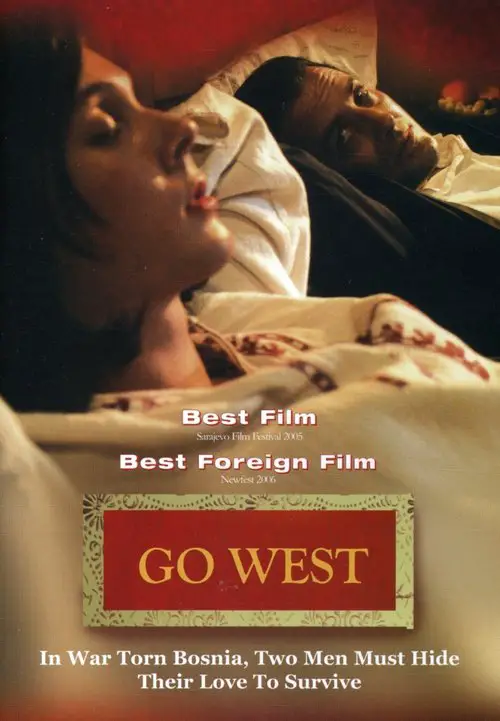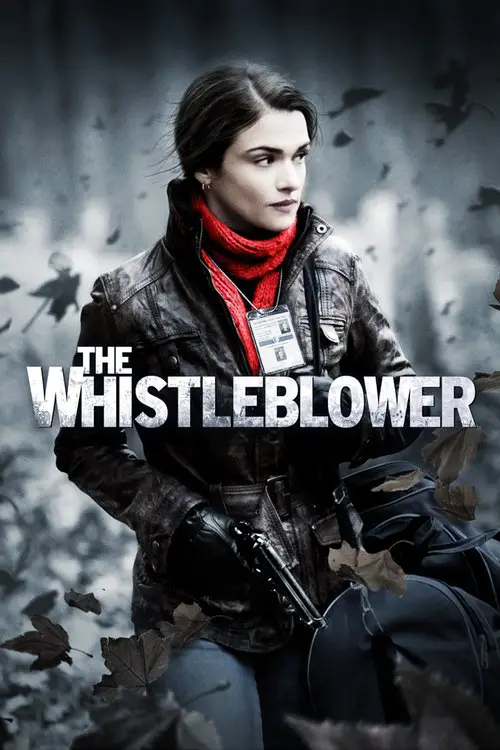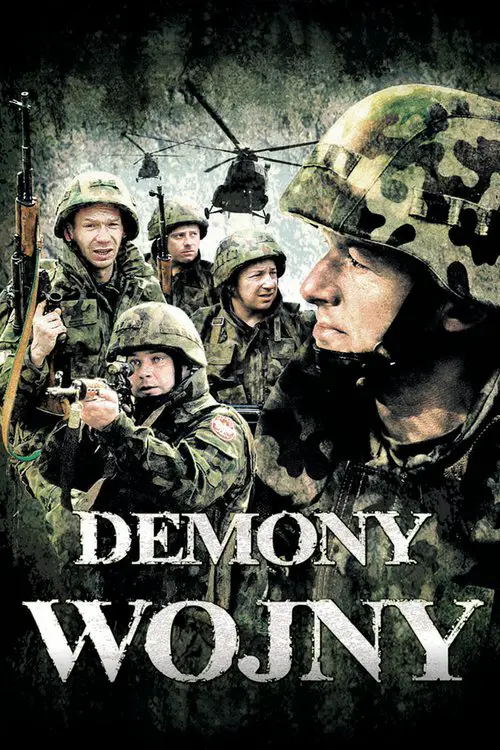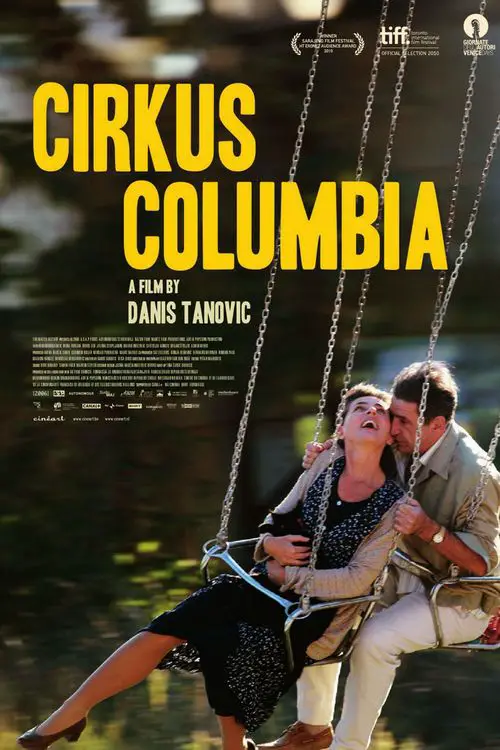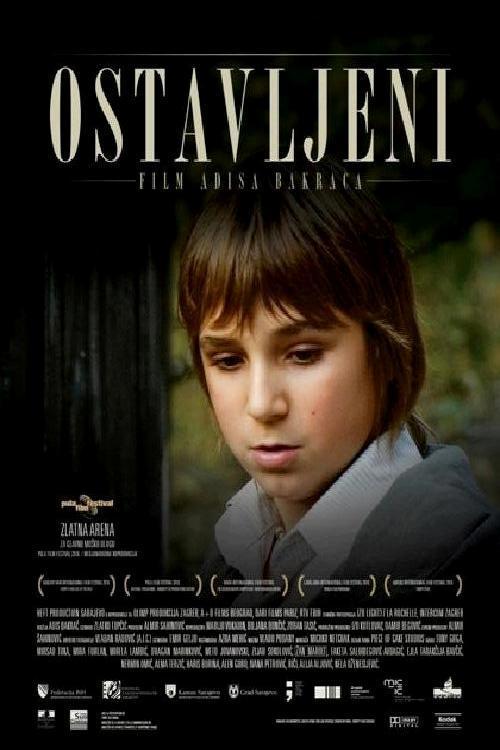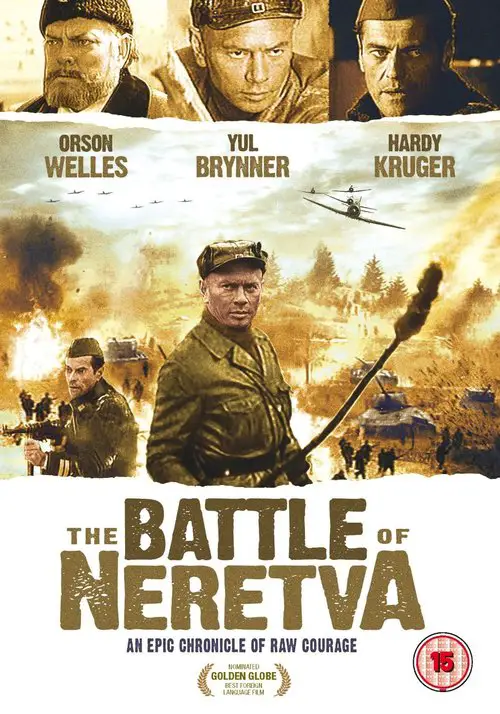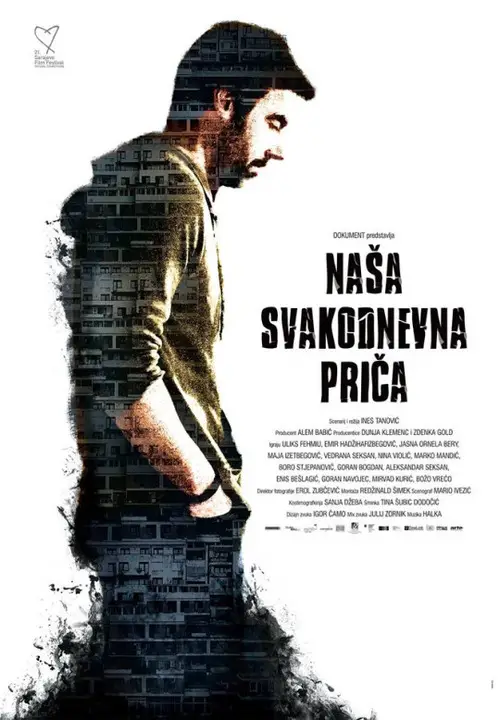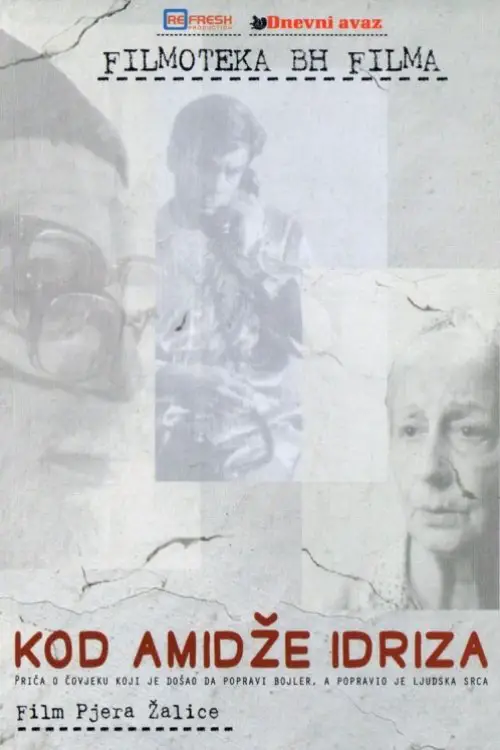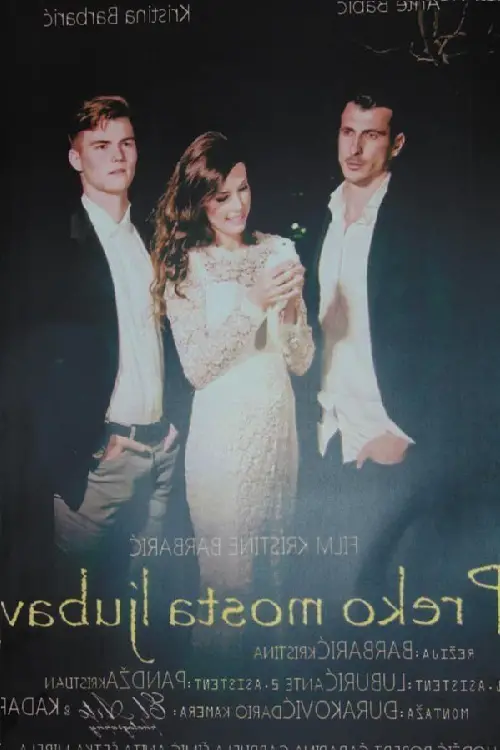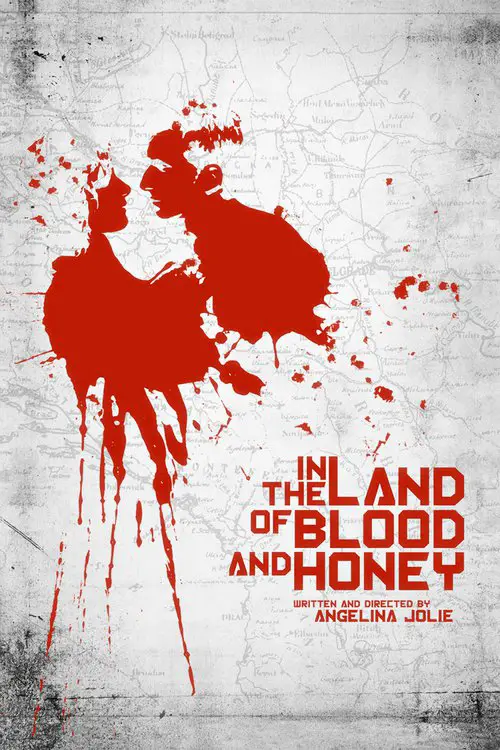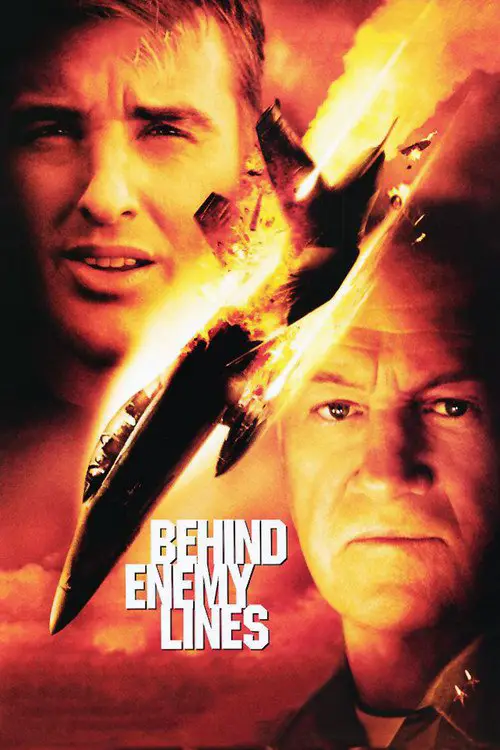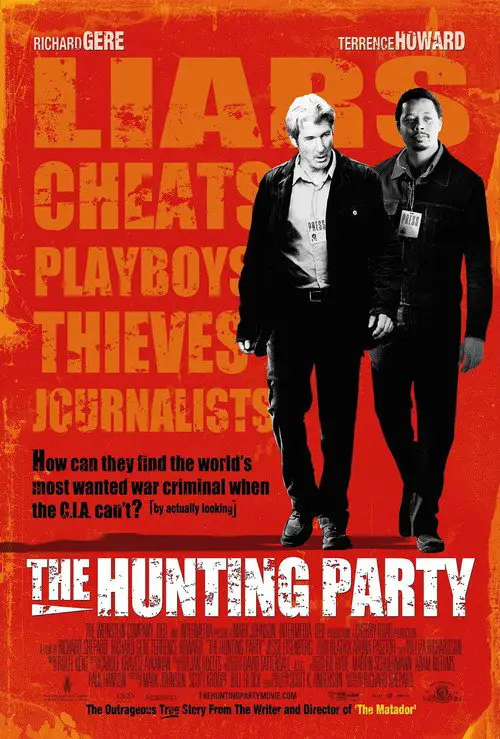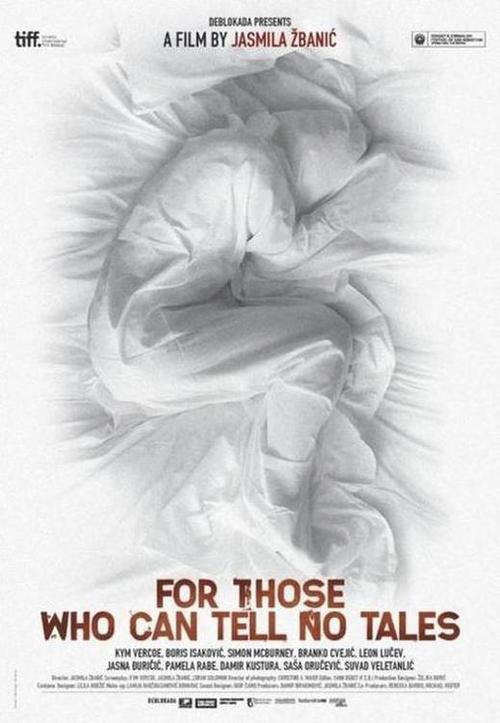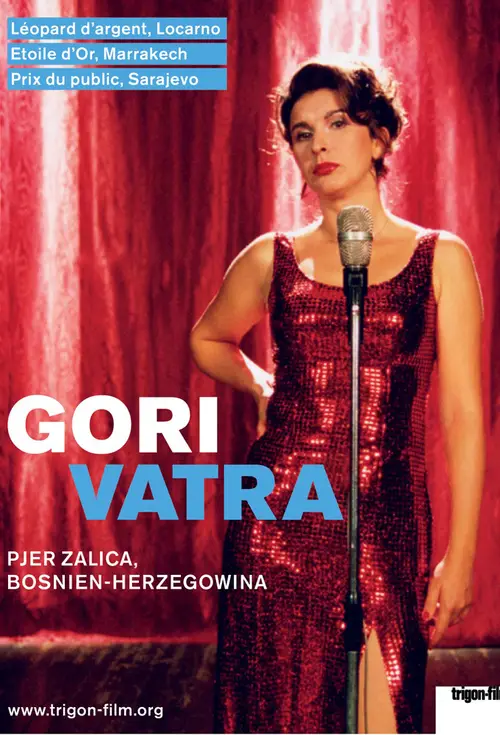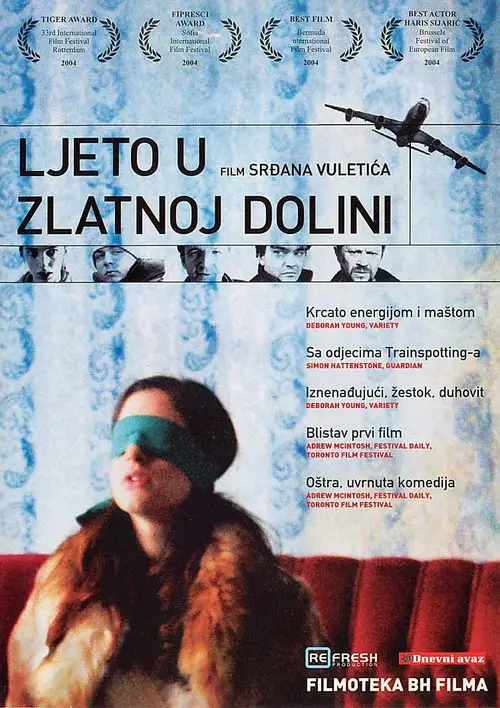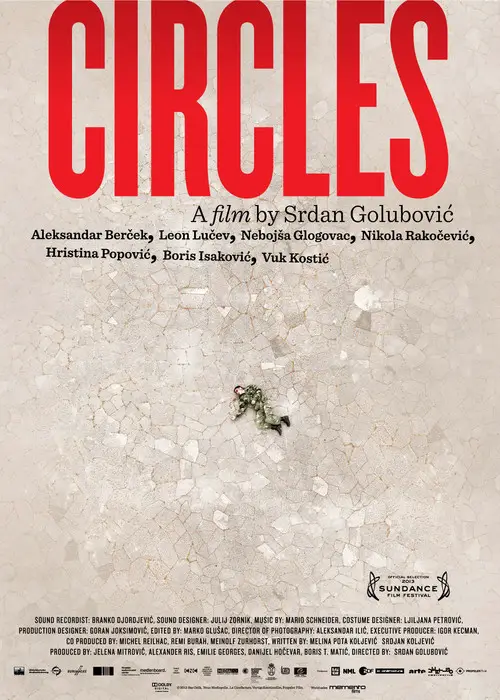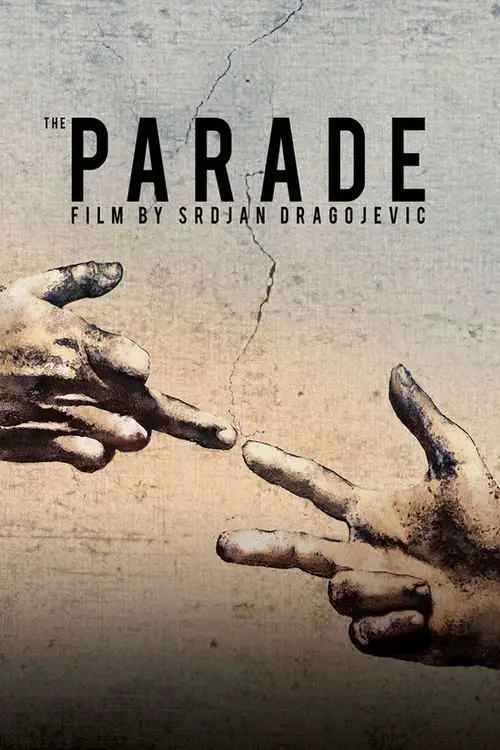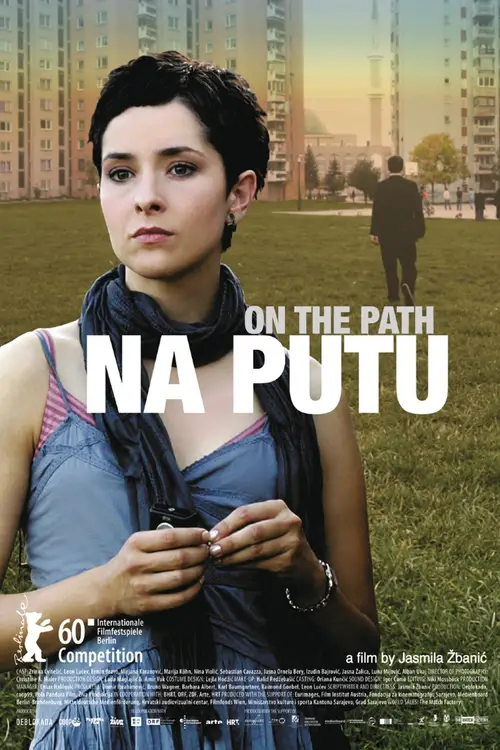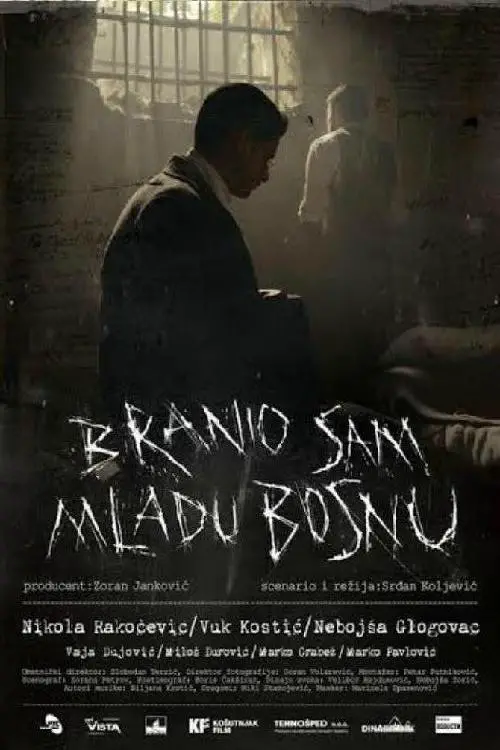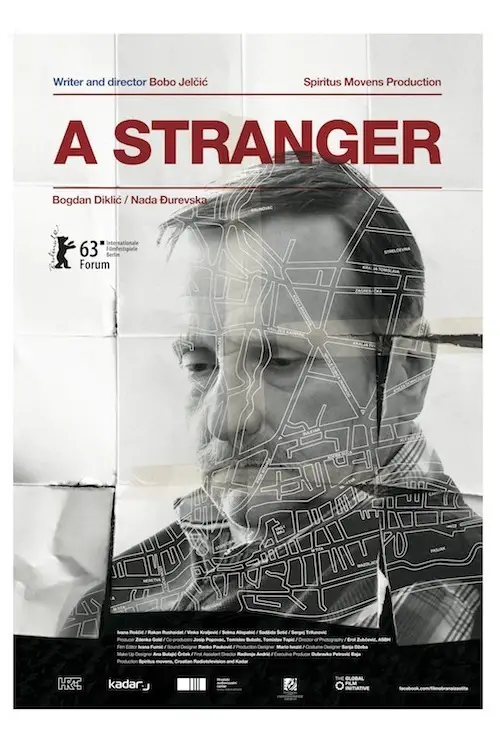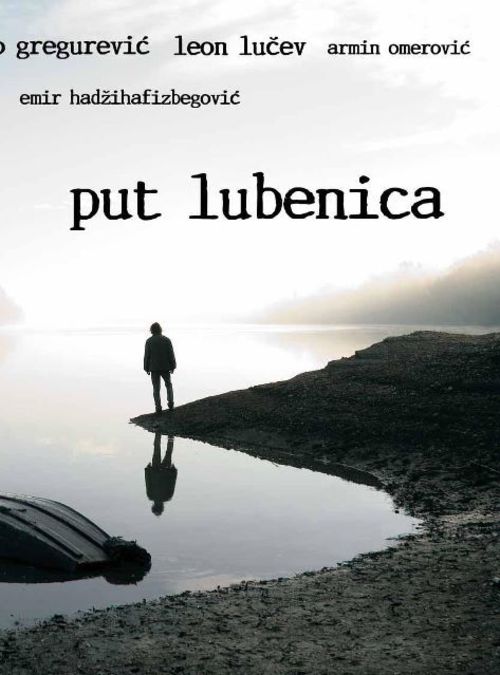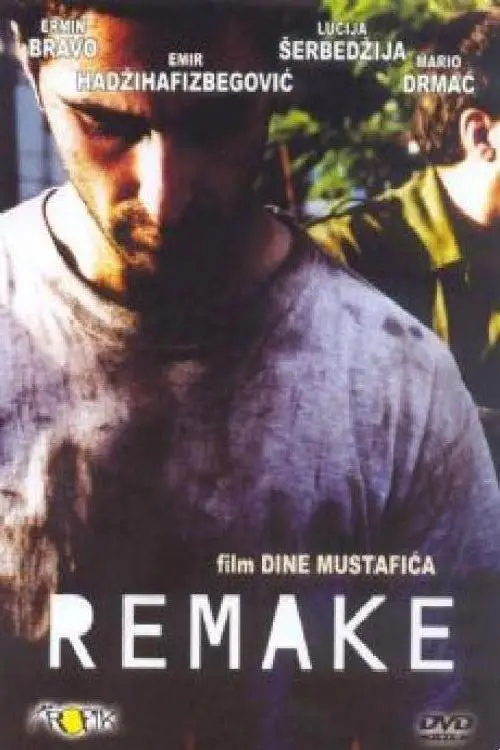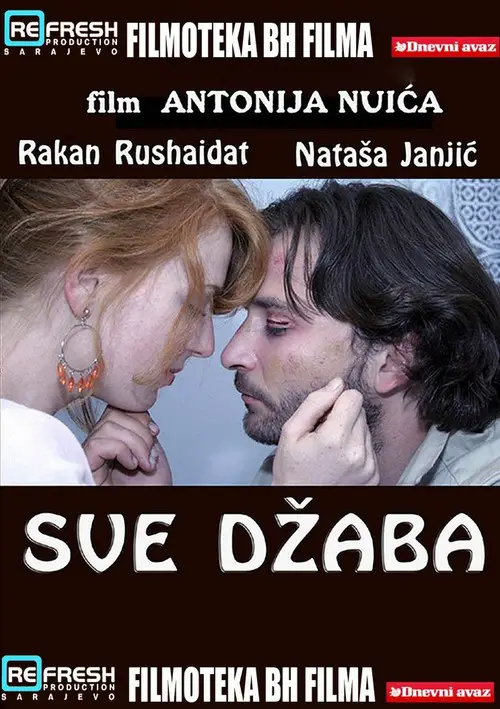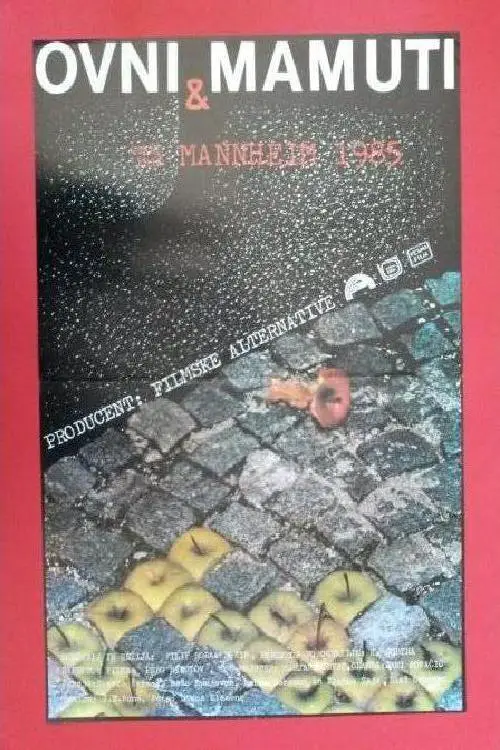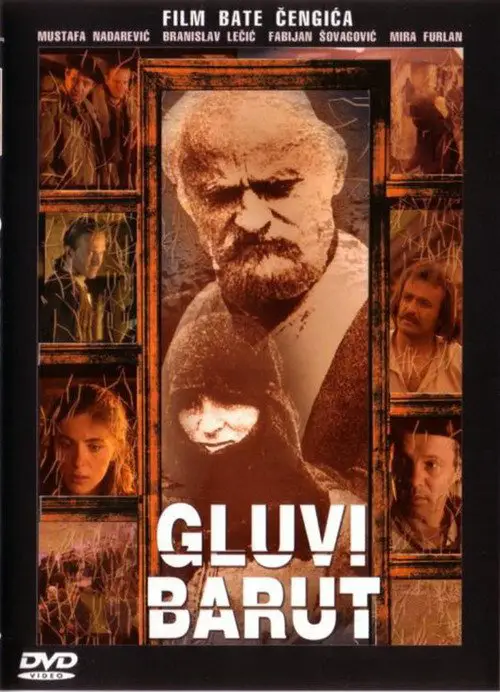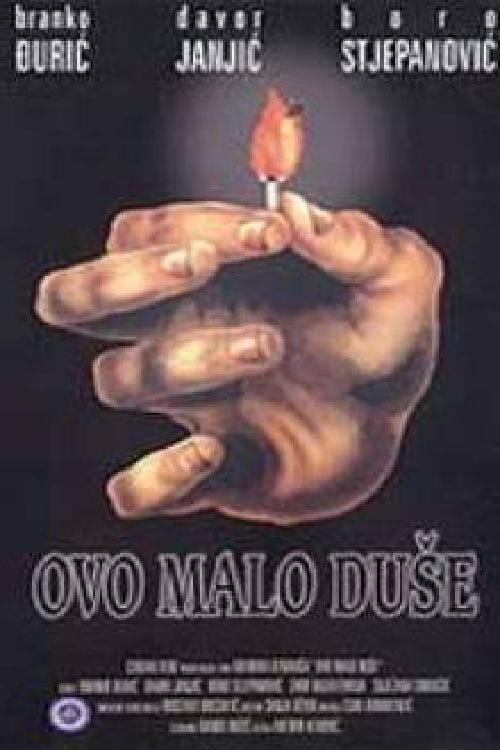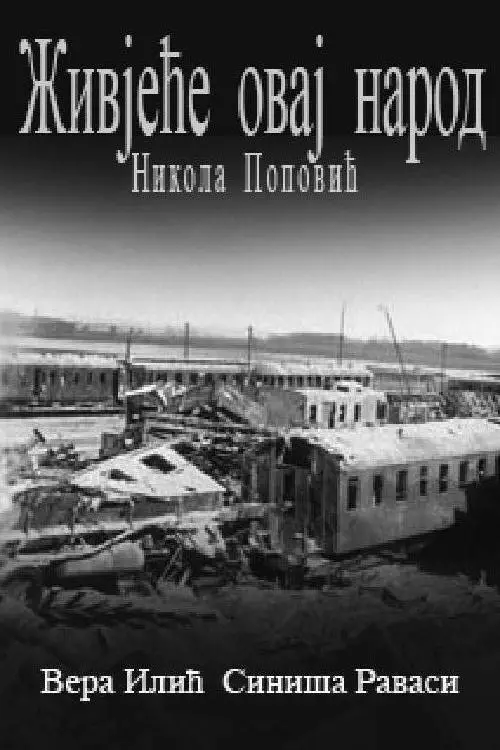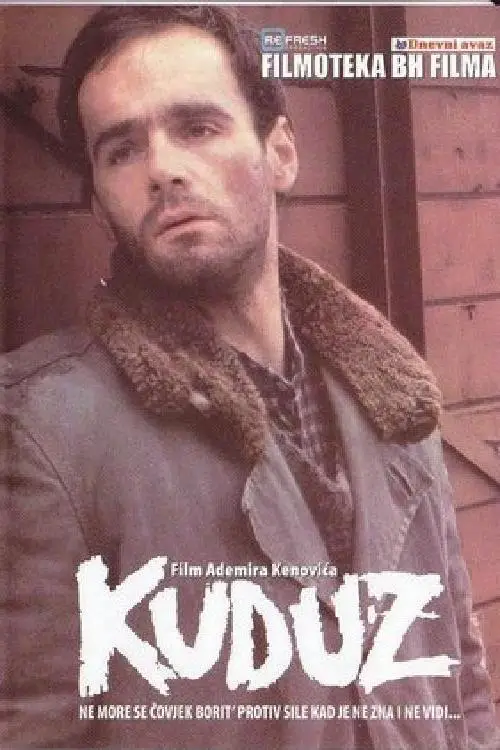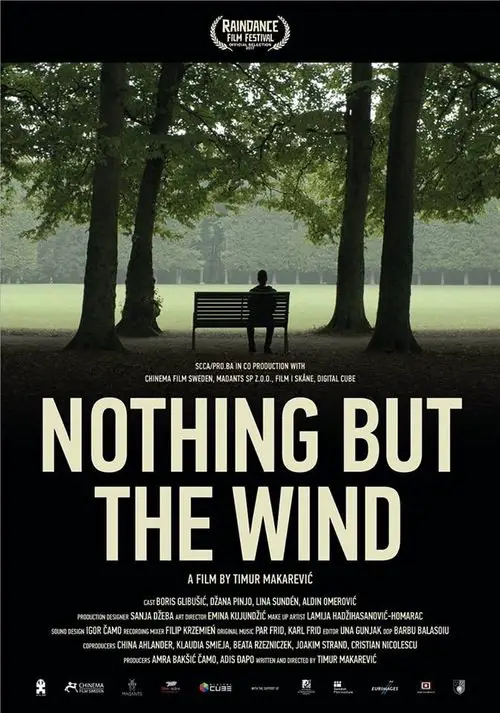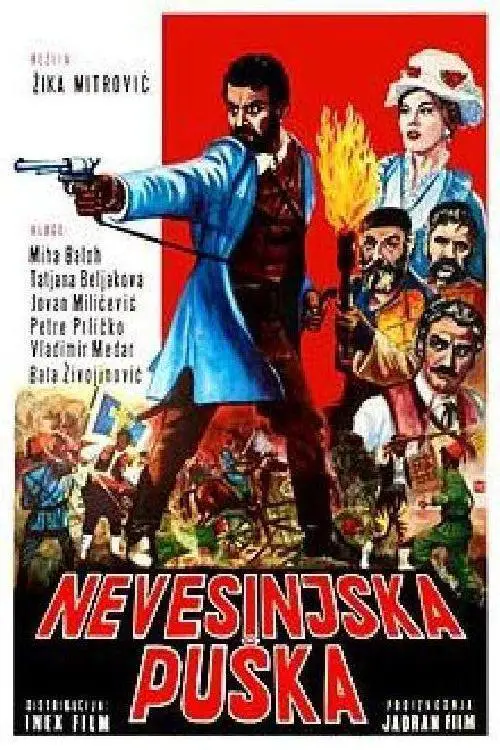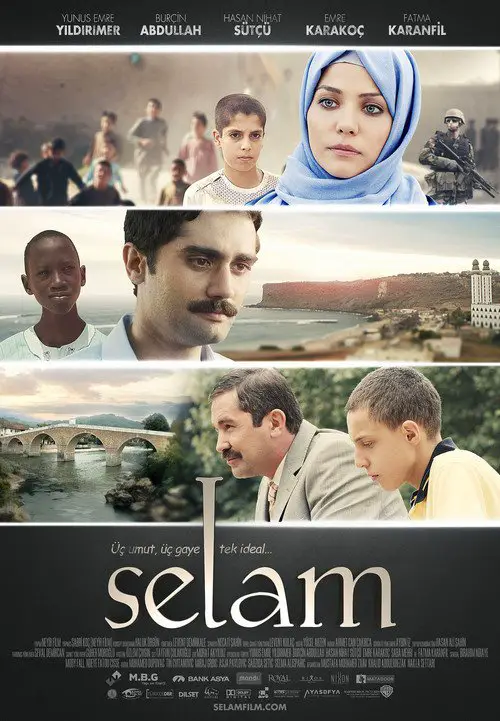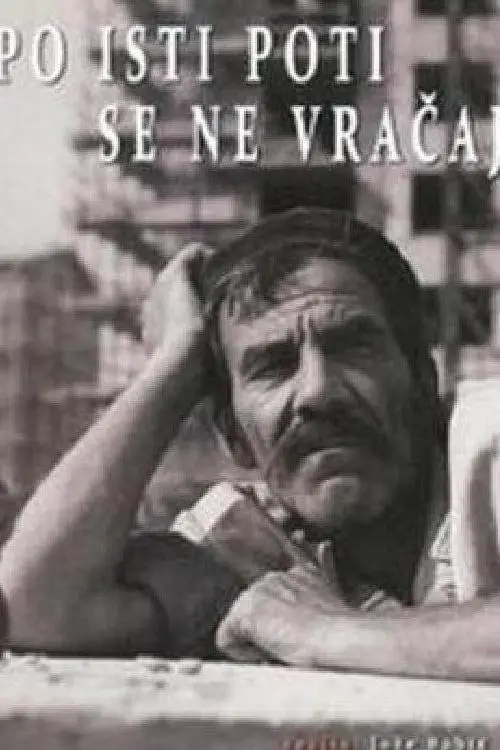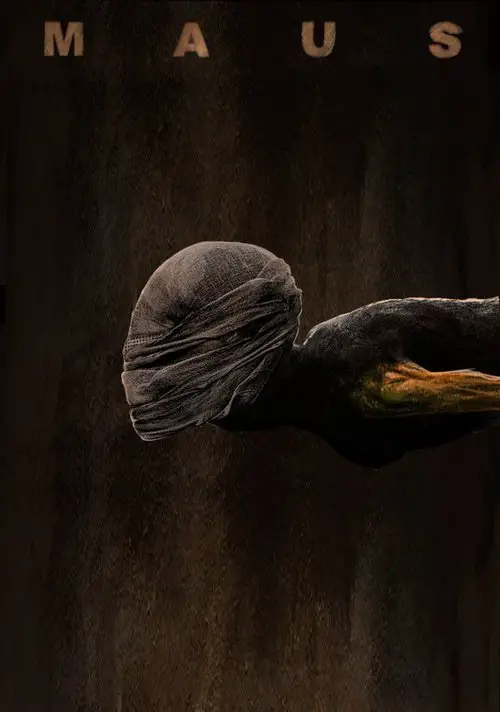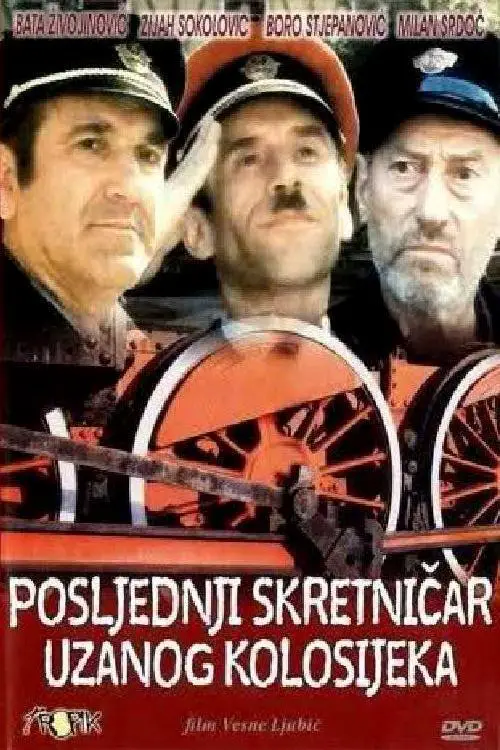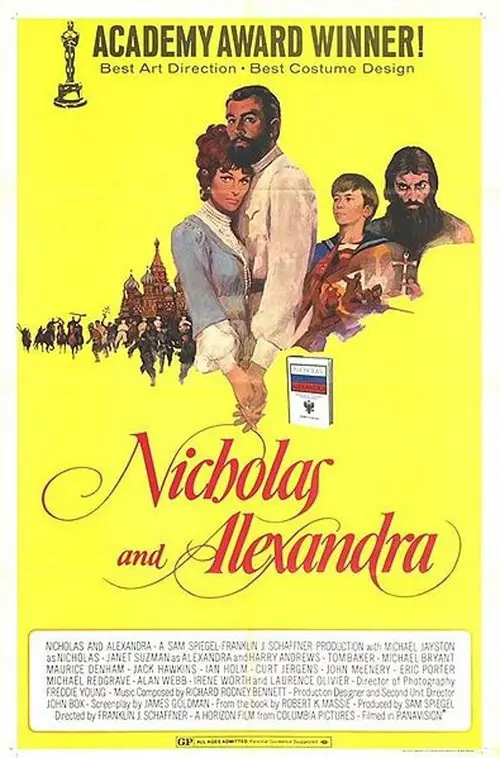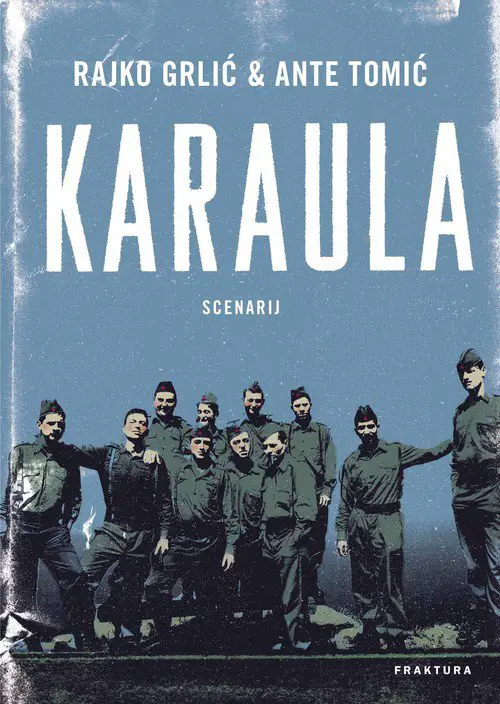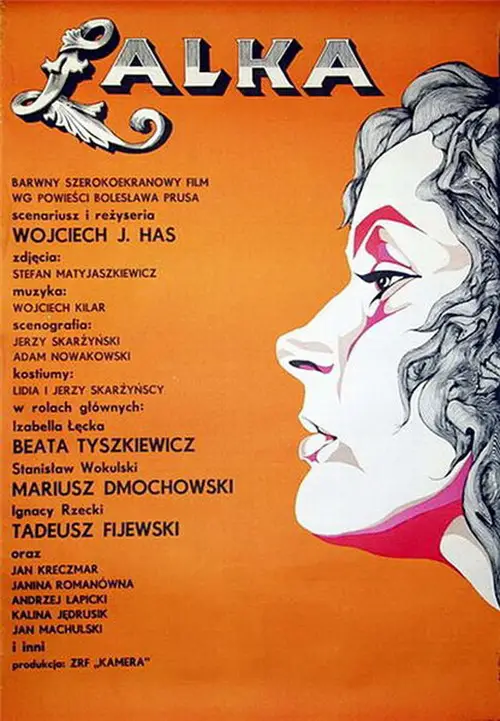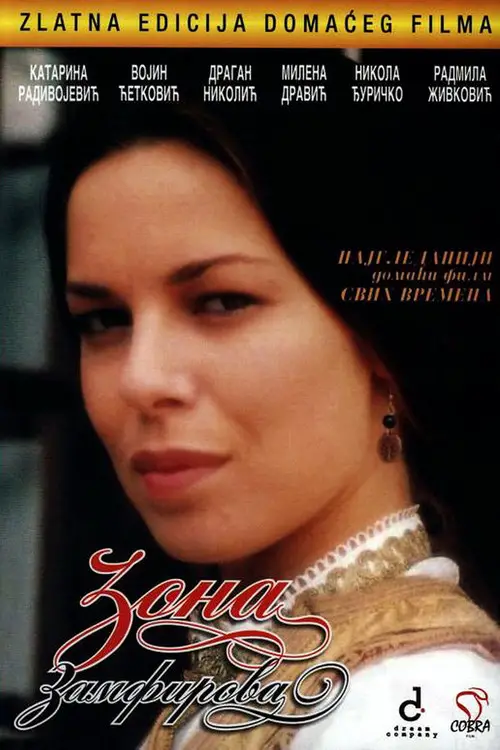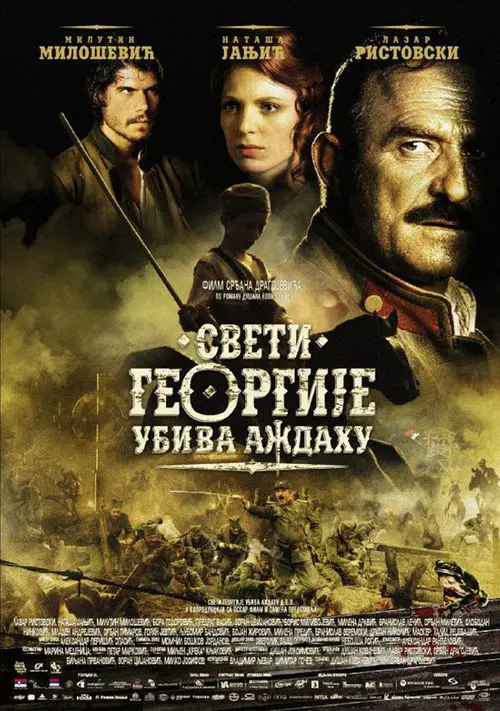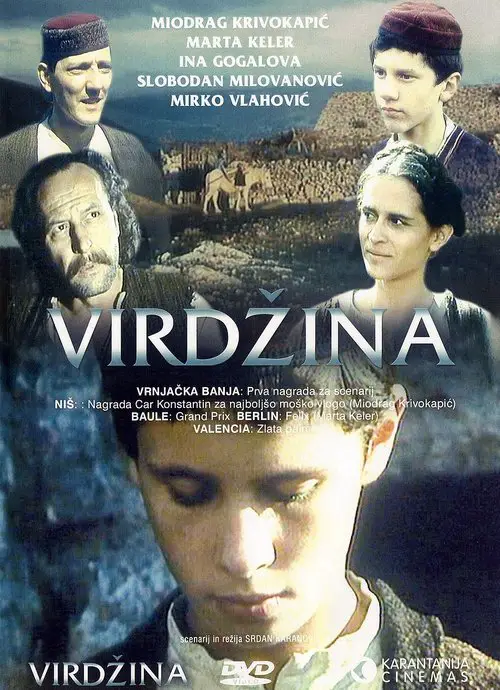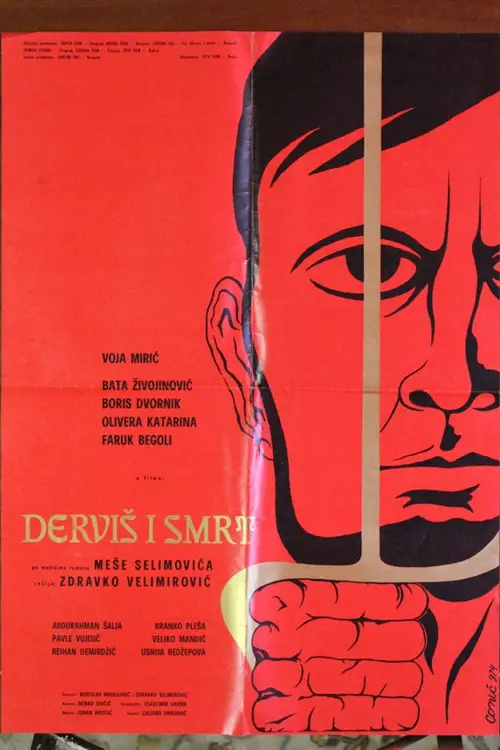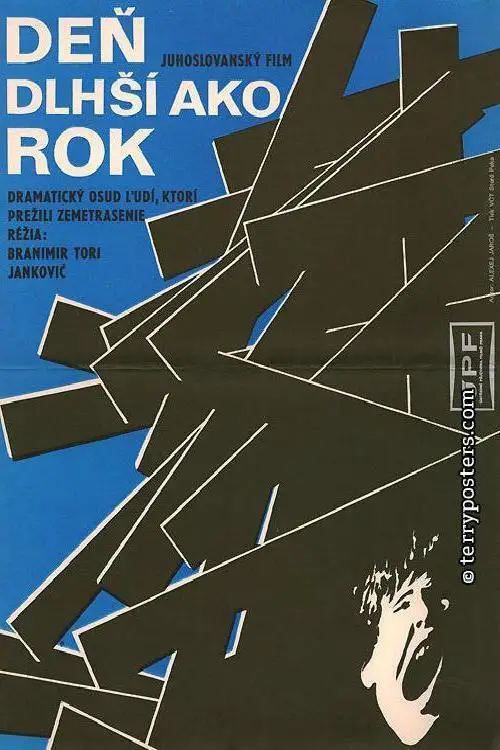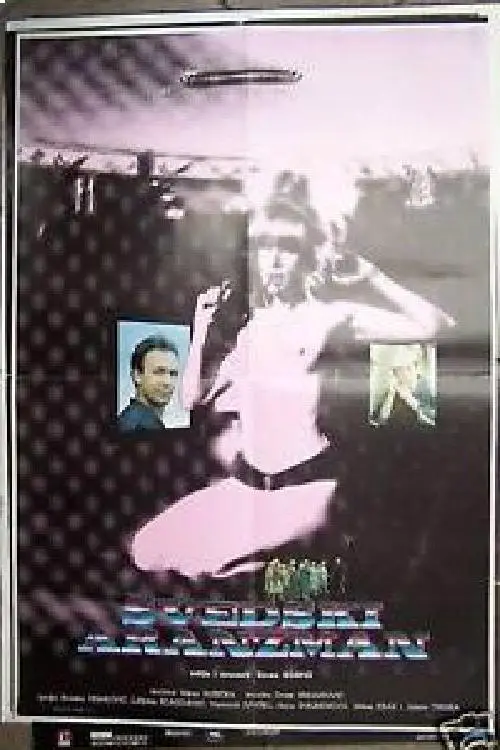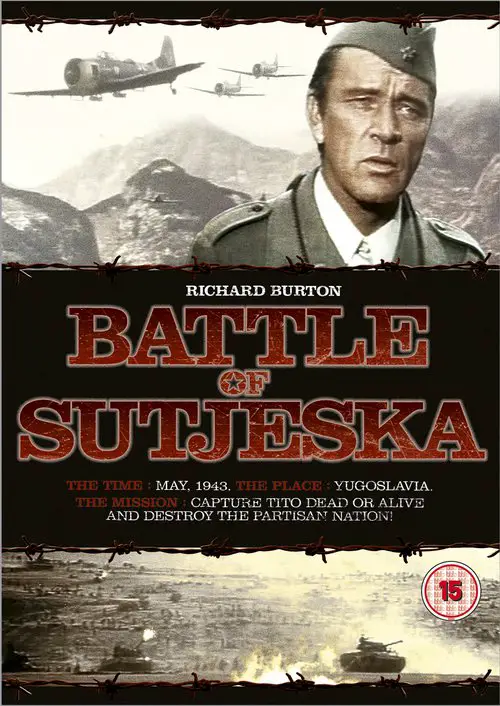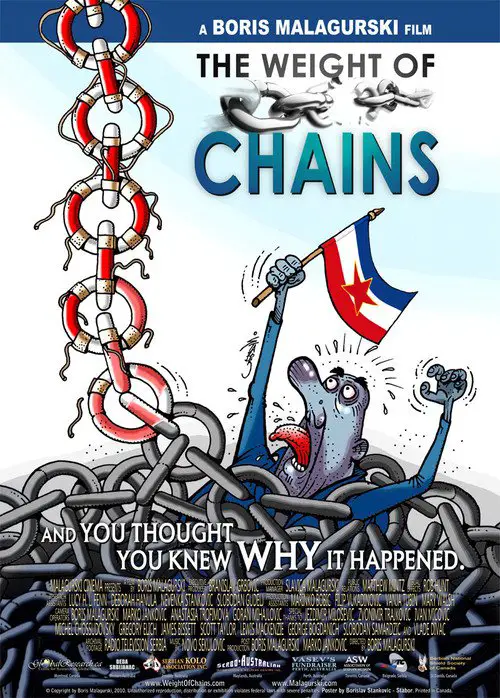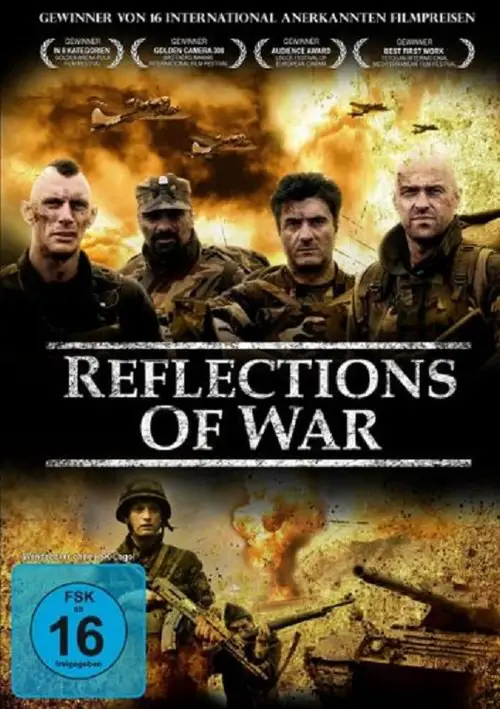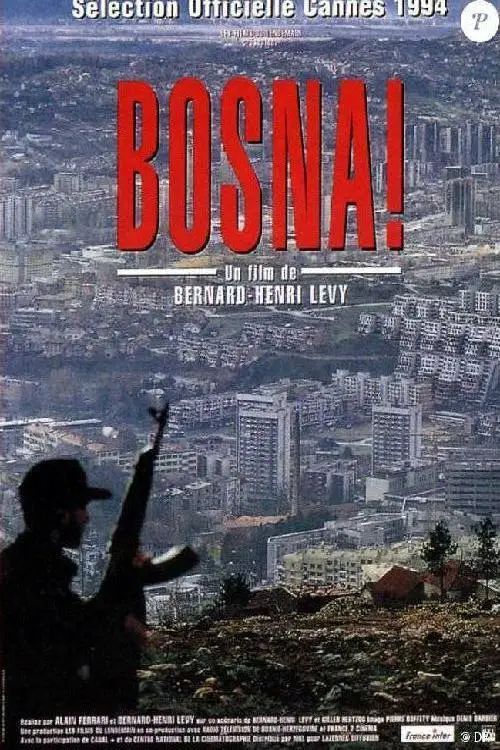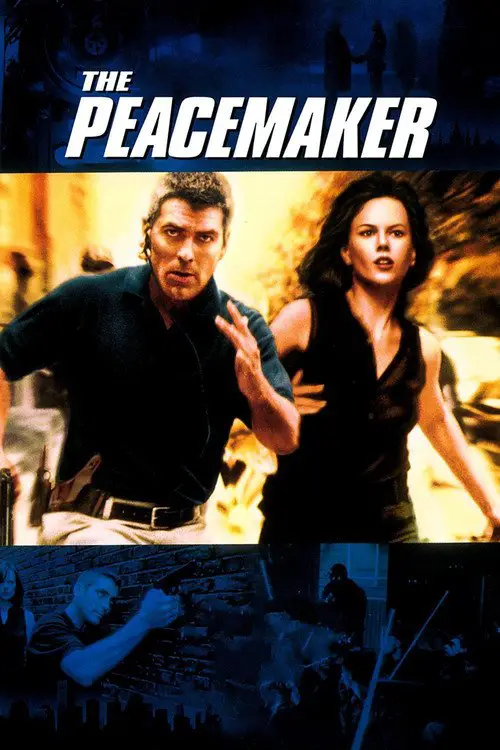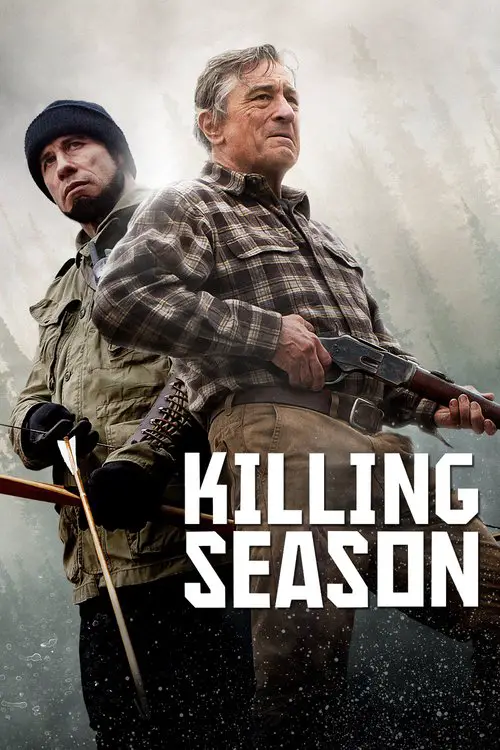Stojan Mutikasa (1954)

Similar movies
In the nineties the Yugoslavia Federation falls apart in bloody wars. Perpetual student Milan, a Serb from a patriarchal community and Kenan, a Muslim cellist, are a homosexual couple living in Sarajevo. Their lives, intimate and public, are shaken up by the aggression in Bosnia and Herzegovina, whose devastating consequences unfold in inter-ethnic hatred. Trapped in Sarajevo during the siege of the Serb forces, the lovers manage to flee to Milan's home village and there they take shelter, waiting for Milan's father, Ljubo, to find a way to the Netherlands. Witnessing the brutality of Serb forces and their hatred towards Muslims, Milan desperately improvises: he disguises Kenan as a woman and begins to present him as his wife, Milena, a secret discovered by Milan's best friend, Lunja. Milan is drafted into the army and the situation becomes almost unbearable for Kenan. His one companion, is Ranka, a waitress in a local café, a woman whose dark secrets terrify most of the villagers ...
Based on the experiences of Nebraska cop Kathryn Bolkovac (Rachel Weisz) who discovers a deadly sex trafficking ring while serving as a U.N. peacekeeper in post-war Bosnia. Risking her own life to save the lives of others, she uncovers an international conspiracy that is determined to stop her, no matter the cost.
A detachment of the Polish IFOR forces in Bosnia is led by Major Keller, who is being investigated for insubordination during a patrol in Srebrenica. The investigation is to be led by two arriving officers - Lieutenant Czacki and Major Kusz who will also replace Keller as CO. When the camp's RTO receives a communication from a downed Norwegian chopper, Keller ignores his standing orders and leads a platoon to rescue the crew.
Family Susic lives everyday Bosnian story. Father Muhamed (63) is employed in a reputable company; mother Marija (60) is retired. Son Sasa (35), who spent the war in Army of Bosnia and Herzegovina, lives with his parents, while their daughter Senada (40) lives in Slovenia. Their life begins to fall apart because of father's dissatisfaction after his company is sold on the stock exchange, Sasa's negligent attitude towards work and family, Marija's breast cancer diagnose. When problems begin to line up Muhamed and Sasa realize that actually only family is important, that it is man's last oasis
Fuke visits his uncle Idriz and aunt Sabira to fix a broken boiler. He soon finds out there's a lot more that needs to be repaired. Idriz and Sabira aren't ready to accept the loss of their only son in the Balkan war, seven years earlier. When Fuke's car refuses to start, Fuke has to stay over in their house. He meets a lot of old friends and neighbors there.
While flying a routine reconnaissance mission over Bosnia, fighter pilot Chris Burnett photographs something he wasn't supposed to see and gets shot down behind enemy lines, where he must outrun an army led by a ruthless Serbian general. With time running out and a deadly tracker on his trail, Burnett's commanding officer decides to risk his career and launch a renegade rescue mission to save his life.
An emerging journalist (Jesse Eisenberg), an experienced cameraman (Terrence Howard), and a discredited reporter (Richard Gere) find their bold plan to capture Bosnia's top war criminal quickly spiraling out of control when a UN representative mistakes them for a CIA hit squad in a light-hearted thriller inspired by Scott Anderson's popular Esquire article. The Weinstein Company provides stateside
Kym, an Australian tourist, decides to travel to Bosnia. Her guidebook leads her to Višegrad, a small town steeped in history, on the border of Bosnia and Serbia. After a night of insomnia in the 'romantic' Hotel Vilina Vlas, Kym discovers what happened there during the war. She can no longer be an ordinary tourist and her life will never be the same again.
Pretty Village, Pretty Flame (Serbian: Lepa sela lepo gore) is a 1996 Serbian film directed by Srdan Dragojevic that gave uniquely bleak yet darkly humorous account of the Bosnian War. It is considered a modern classic of Serbian cinema.[citation needed] Almost 800,000 people went to see the movie in cinemas across Serbia. This equates to approximately 8% of the total country's population at the time of the film's release. The plot, inspired by real life events that took place in the opening stages of the Bosnian War, tells a story about small group of Serbian soldiers trapped in a tunnel by a Muslim force. The film's screenplay is based on an article written by Vanja Bulic for Duga magazine about the actual event. Through flashbacks that describe the pre-war lives of each trapped soldier, the film describes life in former Yugoslavia and tries to give a view as to why former neighbours and friends turned on each other.
Life is a Miracle (Serbian: Život je Äudo) is a Serbian drama film. It was entered into the 2004 Cannes Film Festival. Luka has moved to Bosnia from Belgrade with his mentally unstable wife and his football-playing son, MiloÅ¡, to run a railway station and act as caretaker. Utterly engrossed in his work and blinded by natural optimism, Luka remains deaf to the increasingly persistent rumblings of war, which has broken out in Croatia and threatens to spread. When the conflict explodes, MiloÅ¡ is denied his place on the football field when he must join the Serbian army, and his wife disappears on the arm of a Hungarian musician. Eventually, he receives news that MiloÅ¡ has been taken prisoner of war. Luka considers suicide, but a profiteering acquaintance presents him with Sabaha, a Bosnian Muslim whom he has taken hostage. Luka intends to exchange Sabaha for MiloÅ¡, but the two fall in love after they are forced to flee deeper into Serb-controlled territory...
At the traditional Muslim funeral service for his father Fikret Varupa, sixteen year old boy from Sarajevo, learns that his father owes money to Hamid, a man he does not even know. The debt is considerable and Hamid does not want it to go to the grave with the body, so the debt automatically passes from the father to the son. Since in Bosnia this way of collecting debts, at a funeral, is considered to be utterly humiliating, it is never, ever applied. Fikret and his entire family become subjects of ridicule. Fikret, who is practically still a child, is decisive to "redeem his father's soul". Wishing to repay his father's debt and to secure the forgiveness, Fikret wanders into the real world of Sarajevo, the world that is ruled by post-war chaos, misery and poverty and becomes an ideal target for two corrupted policemen who wish to "help" him: they plant the kidnapped girl on him.
Circles (Serbian: Krugovi) is a Serbian movie based on the true story of a Serbian soldier who risked his life to protect a Muslim civilian during the war in Bosnia. During the war in Bosnia in 1993, a Serbian soldier pays for his life after protecting a Muslim civilian from being attacked by three other soldiers. 15 years later, the consequences of this act of heroism are still having their repercussions.
The Parade, in a tragicomic way, tells the story about ongoing battle between two worlds in contemporary post-war Serbian society - the traditional, oppressive, homophobic majority and a liberal, modern and open-minded minority... The film, which deals with gay rights issues in Serbia, features footage of the 2010 Belgrade gay pride parade. The film introduces a group of gay activists, trying to organize a pride parade in Belgrade
Loving young couple Luna and Amar try their best to overcome unexpected obstacles that threaten their relationship. After Amar's dramatic change in a fundamentalist community, Luna tears herself apart searching if love is truly enough to keep the couple together on the path to a lifetime of happiness...
The movie takes place in the early 18th century on the borders between Bosnia and Dalmatia, the crossroad between the Ottoman Empire and the Republic of Venice. It deals with issues relating to the region's native Croats as they struggle between to live between two empires and two faiths: Catholicism and Islam.
The horrors of war are examined from the view points of lifelong friends (Linus Roache, Vincent Perez), who end up on opposing sides in the civil war in Sarajevo. One is an expert marksman, who trains the snipers used to terrify the city and the other becomes a freedom fighter, who rejects his friend's offer to gain an escape from the city. As might be expected, the two eventually have to face-off against one another.
When Slavko's old friend Djulaga dies, Slavko feels obliged to go to the funeral. But in his hometown of Mostar, in Bosnia & Herzegovina, this simple social obligation has the potential to get him into all kinds of trouble: with his neighbors or even with local political bigwigs. Yet if he does not go, his wife will think he's a coward, the grieving family will never forgive him - and he might have trouble forgiving himself. This is a compelling tale of everyday life in a fractured society, and a world where paranoia, comedy and drama co-exist. It is also an astute psychological portrait of a man who is forced to cross the invisible line that divides two communities. Above all, it is the story of a man who lost everything that defined him, when his country disintegrated.
Follow a group of international journalists into the heart of the once cosmopolitan city of Sarajevoânow a danger zone of sniper and mortar attacks where residents still live. While reporting on an American aid worker whoâs trying to get children out of the country, a British correspondent decides to take an orphaned girl home to London.
Silent Gunpowder (Serbo-Croatian: Gluvi barut) is a Yugoslavian war film Based on a novel by Branko ÄopiÄ and set during World War II, the film tells the story of a Serbian village in the mountains of Bosnia and its villagers who found themselves divided along two opposing ideological lines, represented by the Chetniks and the Partisans. These two opposing sides are personified in the Partisan commander Å panac and a former Royal Army officer RadekiÄ. Å panac sees RadekiÄ as the cause of villagers' resistance to the new, Communist, ideology and so the main plot axis is the conflict between them. At the 1990 Pula Film Festival, the film won the Big Golden Arena for Best Film, as well as the awards for Best Actor in a Leading Role (Branislav LeÄiÄ), Best Film Score (Goran BregoviÄ). The film was also shown at the 1991 Moscow International Film Festival, where both Branislav LeÄiÄ and Mustafa NadareviÄ won the Silver St. George Award for their performances.
The uprising against fascists in West Bosnia starts with enthusiasm, and local folks help partisans in every possible way. A village girl of Serbian ethnicity joins the resistance movement, and falls in love with the partisan commissar Ivan, an ethnic Croat who has been an expert in destroying railway tracks.
After the release from prison, small-time criminal is marrying his girlfriend and lives a straight and poor, but happy life with her and her daughter. However, his happiness is shattered by wife's infidelity. Driven mad by jealousy, he kills her and her lover and runs into mountains, thus escaping law for years. This film is based on the true story about Junuz KeÄo, last Bosnian outlaw.
What is the true phrase? Heart is where the home is? Home is where the heart is? Bajo (37) is Bosnian-born Swede. After 18 years he has to visit his hometown. Against his will, Sarajevo is changing him. But that does not make him less Swedish or more Bosnian, just more himself. Or simply, home is where you are.
'Selam' is a Turkish movie that tells the impressive stories of three Turkish teachers who are idealists working at schools opened by Turkish entrepreneurs on three different continents and in three different countries: Afghanistan, Senegal, and Bosnia and Herzegovina. This story is based on true events that has been in progress for more than 20 years in which a number of young people in love of peace and humanity leave their countries to teach, help and live in countries they have never heard of before. This is the story of people who live for their ideals and other people before themselves, and who leave their families, loves, friends, countries behind. They set on this pet just with the inspiration of the words which said "A couple of eyes are waiting for you here, but thousands of eyes are waiting in faraway lands." They had sacrifice and kindness in their bags, love in their hearts and a smiling Selam (greetings) in their tongues. - Written by Akif Okumus
The story of a few untrained construction workers from poor underdeveloped parts of the country, such as Bosnia and Herzegovina or Macedonia, who carry out seasonal work in the highly-developed republic of Slovenia. Far from home, problems arise for the men - with their families, alcohol, the local population's derision and the "real Slovenian workers".
Middle-aged cinephile and film projectionist Pera still lives with his mother - and best friend - Mara, in Belgrade. It's 1999 and when NATO bombs start raining down on Serbia, the two of them become refugees. After a surreal journey, they end up in New York, where Pera realizes that he can no longer do the old job he loved so much. While he and Mara were struggling to survive, the new age of digital projection was born. Then Pera stumbles upon some discarded projectors and his new mission in life becomes clear: he will travel around and show people the magic of Real Cinema - the magic that can only be created by celluoid, mechanical projectors, the silver screen and flickering light.
At a small border-post on the Yugoslav-Albanian border, yet another generation of soldiers suffering the usual amount of boredom awaits the end of their service, counting days to the moment when they should take their uniforms off for good. It is the spring of 1987 and the thought never even crosses their mind that they would, in fact, put them back on quite soon and go to war.
Set in the 19th century Warsaw. The indolence of aristocrats who, secure with their pensions, are too lazy to undertake new business risks, frustrates Wokulski. His ability to make money is respected but his lack of family and social rank is condescended to. Because of his "help" (in secret) to "the doll's" impecunious but influential father, the girl becomes aware of his affection.
Zona Zamfirova is set in the eastern Serbian city of NiÅ¡ in the 19th century. The plot follows the story of Zona Zamfirova, a local rich man's daughter, and the vicissitudes of her affair with Mane, an ordinary goldsmith. As it was undesirable for the daughter of a rich man to marry a craftsman, the two are at first divided, with the possibility of Zona marrying ManulaÄ, who came from a wealthy family. Everything is, however, changed as Mane organizes a successful conspiracy to keep Zona for himself.
St. George Slays the Dragon (Serbian: Sveti Georgije ubiva aždahu) is a Serbian World War I drama. The movie starts with Kingdom of Serbia battling the remaining Turkish occupiers during the First Balkan War in 1912 and ends with the outbreak of World War I in 1914. The movie's central theme is a love triangle between the village gendarme ÄorÄe, his wife Katarina and the young disabled war veteran Gavrilo who was previously engaged to Katarina before he went to war and lost his arm in battle. Even though Katarina in the meantime married ÄorÄe, she still has affection for Gavrilo. At the onset of World War I, all able-bodied men in the village are recruited for combat. Left in the village are only women, children and disabled veterans from previous Balkan wars. Rumours start circulating that the invalids in the village are trying to take advantage of the situation by making their moves on the women in the village â the wives and sisters of the recruited men.
"Virgina" tells a tale from the end of the 19th century. It took place in a isolated village near the Adriatic Sea. Because of the extreme patriarchal culture there is a superstition that families without male heirs are cursed. When the wife of a farmer gives birth to their fourth daughter, father decides that the child will become a so-called "Virgina" and that she will live as a man, so that she can work and be the family heir. This heartbreaking story of Virgina's life is told with strong words, augmented with harsh environment.
Ahmet Nurudin is a dervish and head of the Islamic monastery of the Mevlevi order in Sarajevo. He is a personification of morale and dogmatic belief, everything that Muslim religion of the Ottoman rule rests on. Throughout his life, the atmosphere of the city, the relations with the judge and the mechanism of government, the image of Ottoman Empire at the beginning of the nineteenth century is being revealed. Based on a highly praised novel by MeÅ¡a SelimoviÄ.
The Weight of Chains is a Canadian documentary film that takes a critical look at the role that the US, NATO and the EU played in the tragic breakup of a once peaceful and prosperous European state - Yugoslavia. The film, bursting with rare stock footage never before seen by Western audiences, is a creative first-hand look at why the West intervened in the Yugoslav conflict, with an impressive roster of interviews with academics, diplomats, media personalities and ordinary citizens of the former Yugoslav republics. This film also presents positive stories from the Yugoslav wars - people helping each other regardless of their ethnic background, stories of bravery and self-sacrifice.
In 1943, group of Croatian soldiers overtake a strategically important point in western Bosnia with a goal to destroy a group of communist partisans. On the way they met some supernatural phenomena, and the action itself went very badly because the partisans ambushed them. The main character Martin inherits silver cigarette case from a dying soldier. This act connects to the story in 1993 when we meet Martins grandson Tomo. He is one of six soldiers of the Croatian army who have come to the same place in Bosnia to meet the same phenomena and similar fate.
The carnage in Sarajevo provides the focus of this French documentary which seeks to call attention to the terrible conflict in the hopes of finally ending it. The film is divided into five parts. Each part covers a time frame ranging from April 4, 1992, the beginning of the war, to the present. The major issues that occur are three-fold. It depicts the systematic genocide of Bosnians, the silence of Western countries, and the determination of the Bosnians to resist. They refuse to be seen as victims, even though the filmmakers portray them so. Also included are the origins and political aspects of the war. It offers interviews with participants. It also reveals how the U.S. State Department censored reports about Serbian death camps.
© Valossa 2015–2025
| Privacy Policy
